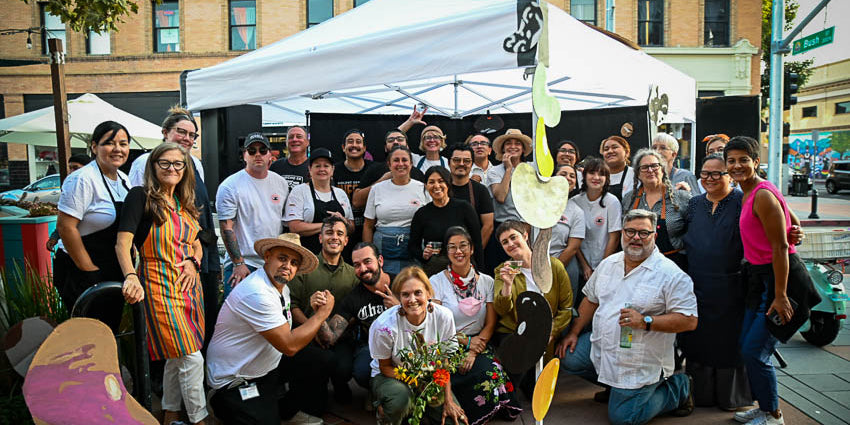Shipping Details
Free Shipping on each order $50 and over
FREE SHIPPING on each order $50 and over (applies to one shipping location per order within the United States; orders that qualify for free shipping are shipped via economy shipping and can take 2 to 7 days to deliver, not including processing time)
If you prefer to choose your shipping carrier, or your order is under $50: You can select your preferred shipping method at checkout (FedEx or US Postal Service). Shipping rates are based on weight and zip code.
*All shipments to Hawaii, Alaska, P.O. boxes, and APO/FPO/DPO addresses must go via USPS.
EXPRESS SHIPPING. Please give us a call to confirm processing time.
INTERNATIONAL SHIPPING: We ship to Canada via FedEx International Connect Plus service. Shipping rates are based on weight and zip code, and include GST. If you live in Canada and would like to order online, please visit https://www.ranchogordo.com/collections/heirloom-beans-canada. You can view the shipping costs before completing your purchase. All prices are in US dollars.
Please call our office at 707/259-1935 and we would be happy to answer any questions.
I just placed my order. When will I get my shipment?
It normally takes us 1 to 5 business days to process orders. If we are experiencing further shipping delays, we will add a note to the checkout page and order confirmation with further information.
We process and ship orders from Northern California Monday through Friday, via FedEx or US Postal Service. A shipment can take from 2 to 7 working days to be delivered after it leaves our warehouse, depending on where you live and what shipping service you selected.
EXPRESS SHIPPING: Please call us (707/259-1935) to arrange for faster shipping if you need your order to arrive sooner.
Express Shipping?
Please call us (707/259-1935) to arrange for faster shipping if you need your order to arrive sooner.
The Rancho Gordo Story

You Can Blame it All on the Dutch
I was shopping one August for tomatoes and, despite Napa being one of the world's most magnificent agricultural regions, all the tomatoes were from a hothouse in Holland! Worse, they were hard and pale pink instead of the ripe tomatoes I was craving. I started to grow my own tomatoes and this eventually led to beans.
My first harvested heirloom bean was Rio Zape. They were pretty and easy to grow but I had no idea what to expect when I cooked them. They were similar to the pintos I liked but there was so much more going on. Hints of chocolate and coffee mixed with an earthy texture made my head spin. I was blown away by Rio Zape and the other heirloom beans I was growing, but also really confused why they were such a big secret. I took the beans to the farmers market, organizing things on my kitchen table. Soon there was a warehouse, followed by more markets and mail order. It seems we had struck a nerve. People agreed that heirloom beans were worth saving, growing and cooking. Currently our warehouse, a retail shop, and offices are in Napa, California, and a stop here is part of many tours of the wine country.
All of my agricultural pursuits have been based on being someone who likes to cook but gets frustrated by the lack of ingredients, especially those that are native to the Americas. One of the things that originally drew me to beans was the fact that they are indigenous to the Americas. It seems to me these indigenous ingredients should be familiar, if not common. American cuisine is re-inventing itself and I'd love to include ingredients, traditions and recipes from north and south of the border as part of the equation. I love the concept of The Americas. I feel as if it's just as important as the European heritage many of us share.
You can read more about the Rancho Gordo story here.







